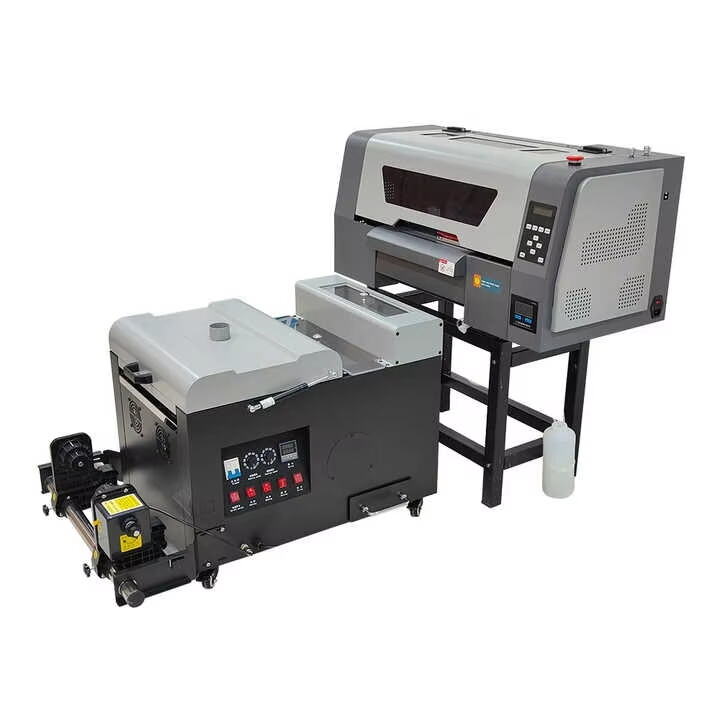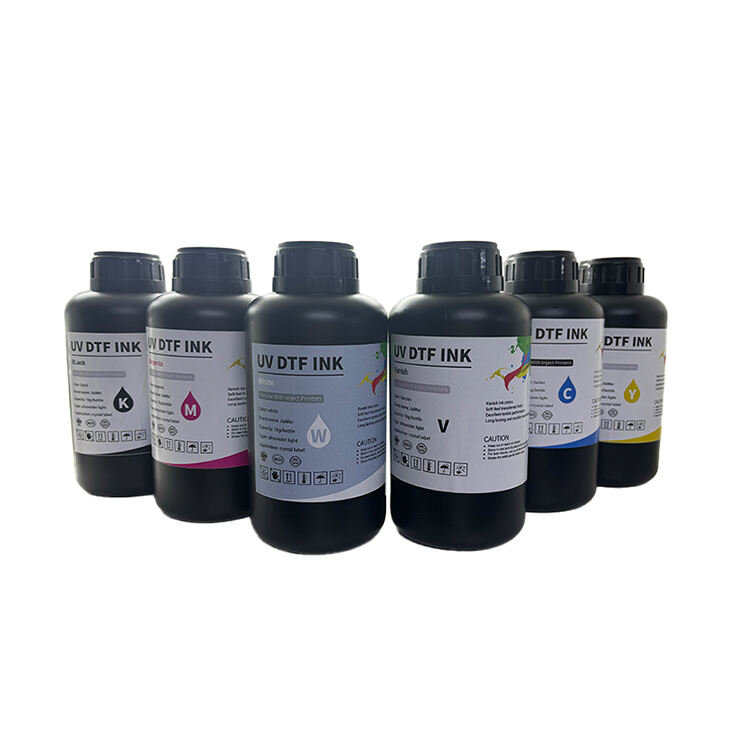screen printing emulsion
Screen printing emulsion is a light-sensitive coating material that serves as the foundation for creating detailed stencils in screen printing processes. This photoreactive substance consists of polyvinyl acetate and photosensitive compounds that work together to form precise, durable stencils when exposed to UV light. The emulsion is applied to mesh screens in thin, even layers, allowing for the creation of intricate designs and patterns. When exposed to UV light, the areas of emulsion that are not blocked by the design template harden, while unexposed areas remain soluble and can be washed away, creating a negative stencil of the desired image. This versatile material accommodates various ink types, from water-based to plastisol, making it suitable for printing on diverse substrates including textiles, paper, glass, and metals. The quality of the emulsion directly impacts the resolution and durability of the final print, with modern formulations offering enhanced resistance to chemicals, moisture, and mechanical stress. Advanced screen printing emulsions also feature faster exposure times, improved coating properties, and superior edge definition, enabling printers to achieve professional-quality results consistently.


